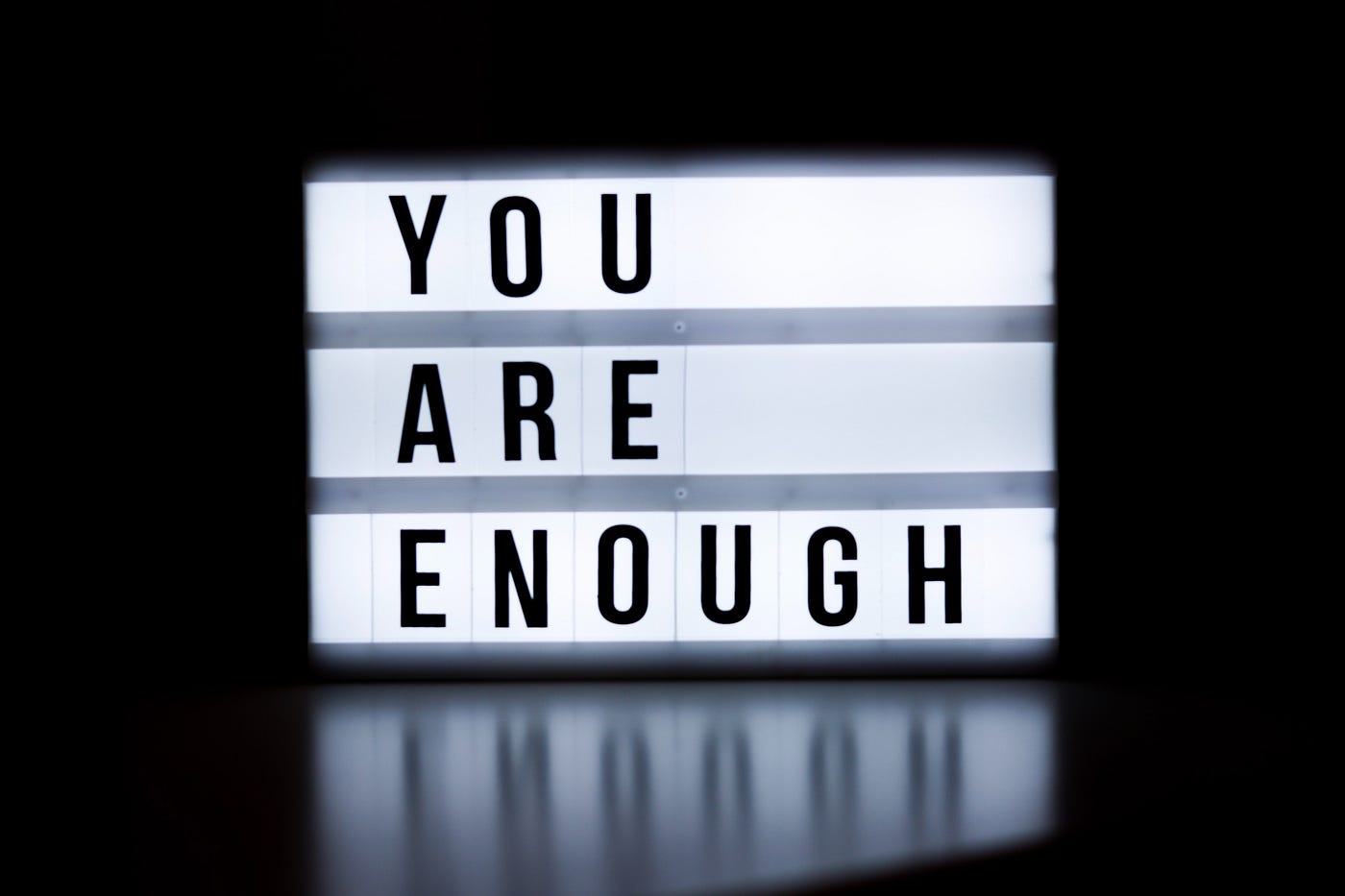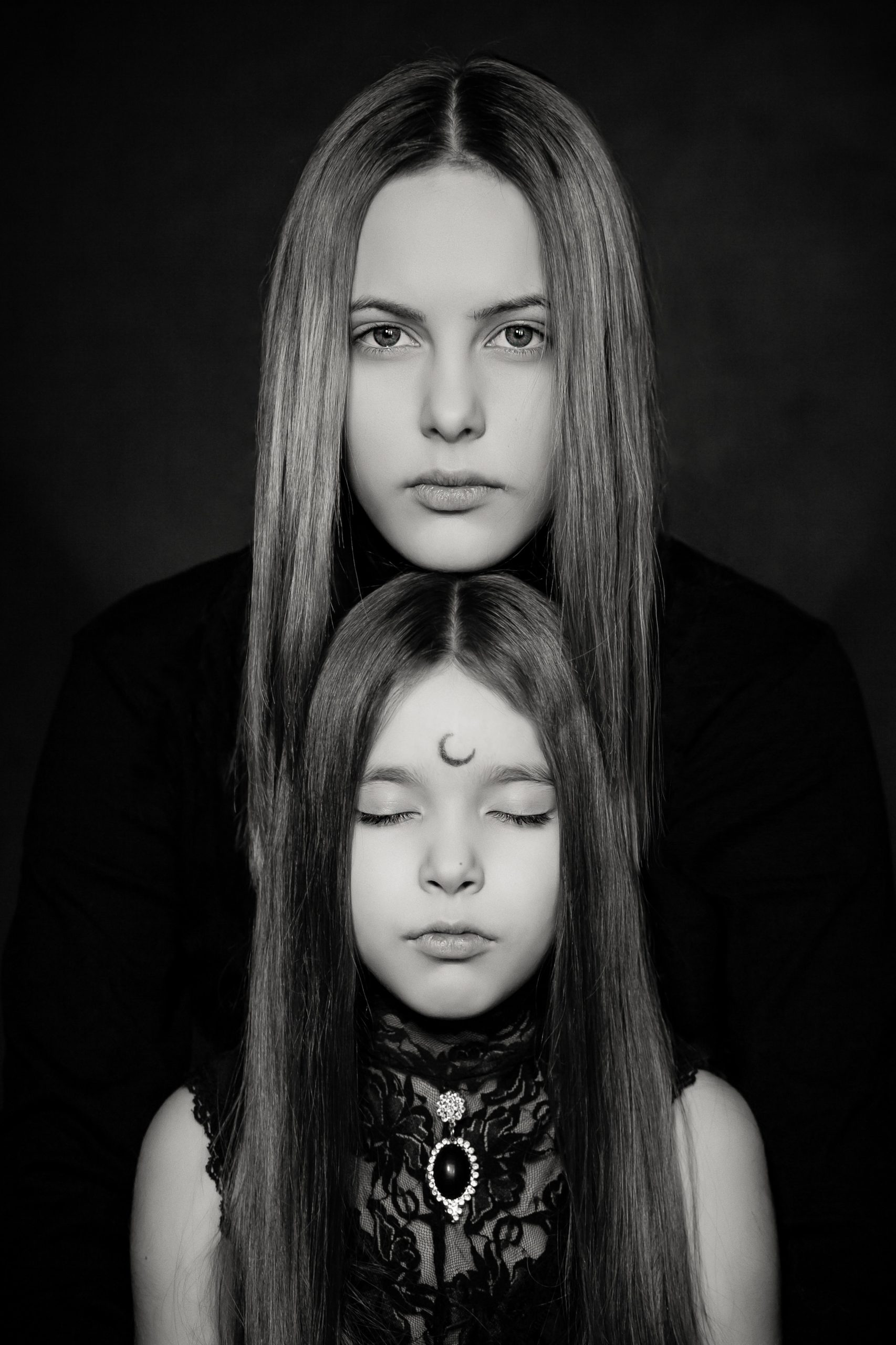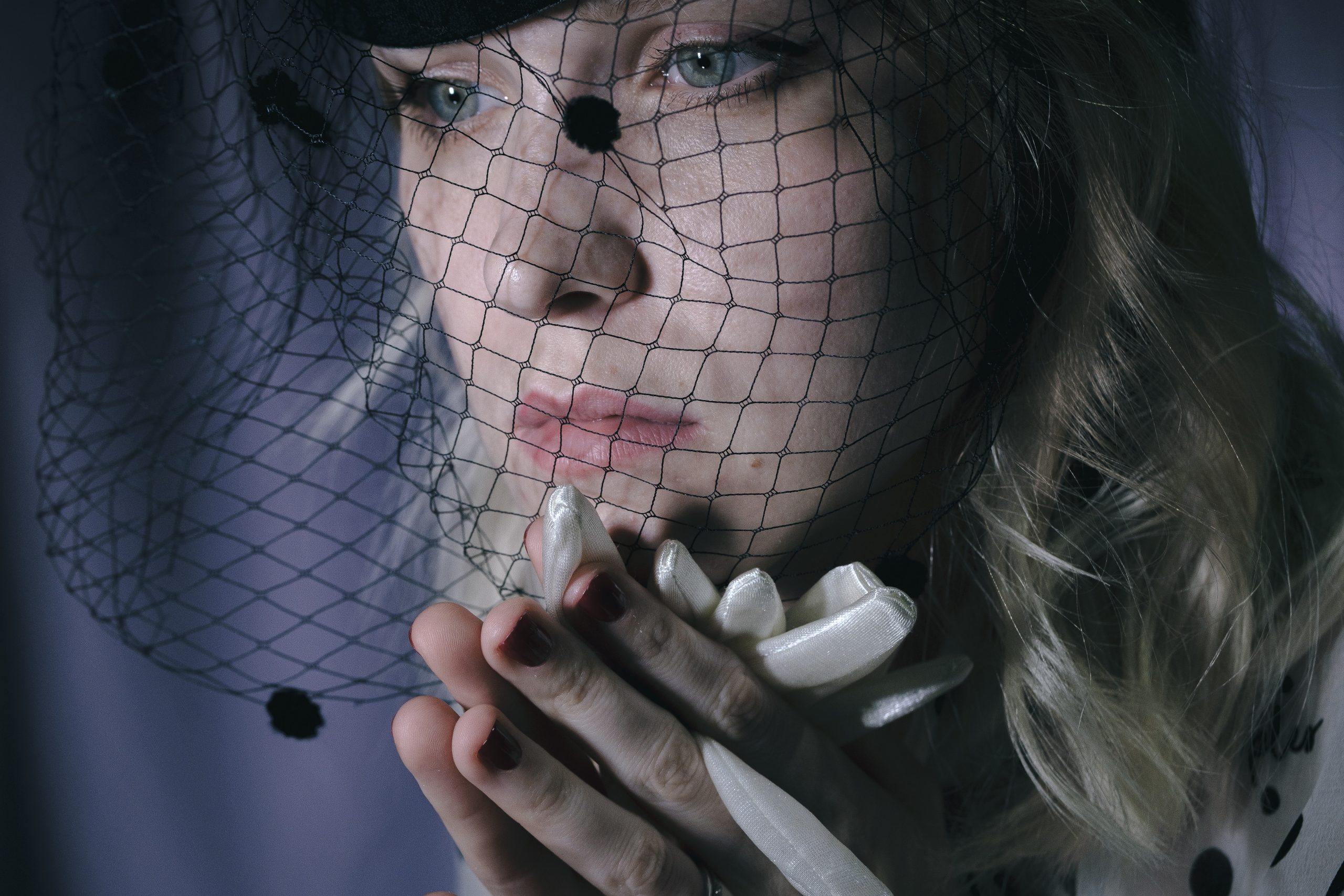And why I wish I started sooner.
Many years ago, I was a bright-eyed twenty-something trying to make it in the corporate world. Overworked, high-strung, always on the go. I was running mindlessly through life, stuck on a hamster’s wheel.
One fine night, after a series of rants, my roommate beckoned to me with a proposition.
“Why don’t you try meditation? It’s done wonders for my life.”
Like a knee-jerk reaction, I replied “Nah, I don’t think it’s my thing…”
For a split second, her eyebrows furrowed in confusion. It was then replaced with a kind smile, as she said, “One day you will be ready.”
It took me a couple more years from that conversation to finally be ready, but there was no turning back once I started.
Self-Awareness is the Key to Unlocking Your Potential
When I began meditating, I could barely sit through 5 minutes. All my anxieties and insecurities came to centre stage.
Baffled at how scary my mind has become, I blamed meditation. What else could it be? My mind has never been this frightening before.
Ah, but actually, it has. I was just too busy distracting myself to notice. The stillness invoked by meditation brought into my field of awareness what has always been present.
Through meditation, I learnt the single most transformative skill of my life — the ability to be self-aware.
Psychologists Shelley Duval and Robert Wicklund define self-awareness as “the ability to focus on yourself and how your actions, thoughts, or emotions do or do not align with your internal standards.”
Simply put, people who develop self-awareness can interpret their actions, feelings, and thoughts objectively. They don’t fall into the trap of interpreting a situation based on their emotions or thoughts, which are often an inaccurate representation of reality.
According to researchers at the University of Zurich, meditation develops mindful self-awareness by activating brain regions related to body perception whilst decreasing regions related to inner speech, thinking about self, and rumination. Similar neural patterns are found in less depressed, healthier individuals, representing mindful self-awareness to be a particularly healthy mode of self-perception.
This heightened level of self-awareness enabled me to recognise how I was addicted to things that were not aligned with my values; like smoking cigarettes.
I lead a generally healthy lifestyle by eating well, getting enough sleep, and exercising regularly. Yet I still consume cigarettes, which is the leading preventable cause of death in the United States. Despite countless attempts of giving it up, the bad habit has stuck with me for over 15 years.
Meditation has helped unearth the root cause of my smoking addiction. I became conscious of my habit of reaching for a cigarette when I’m stressed out, and work is usually the main culprit. With this understanding, I redirected my efforts towards better managing my stressors. As my stress levels reduced, my desire to smoke dwindled along with it.
To date, I haven’t touched a cigarette for almost a year. By far the most successful of all my quitting attempts.
Letting Go with Kindness & Compassion
Even after consistently meditating for a few years, my mind still wanders off the moment I sit down on the meditation cushion.
Mind-wandering is a normal human occurrence. According to Dr. John Yates, a neuroscientist, and author of the book ‘The Mind Illuminated’, mind-wandering happens constantly. It’s so ingrained as a part of our everyday experience that we rarely notice, leading us to believe we are the masters of our own minds.
Meditation shatters that myth pretty quickly.
When my meditation journey started, I was drowning in frustration of the mind’s wandering tendencies. As the journey progressed, I have learnt to accept that I do not have complete control over my mind.
Contrary to what most of us were taught to believe, there is no “you” who’s the boss of “your” mind.
I appreciated the small wins, even if it’s just the ‘aha’ moments when I realise my mind was wandering. By savouring the moment and enjoying the epiphany, it creates a positive reinforcement loop that trains the mind to ‘wake up’ from mind wandering more quickly in the future.
The learnings transcended beyond the meditation cushion. I used to be the typical Type-A personality, controlling every aspect of my life to precision. On top of working full-time at a corporate job, I was running community development programmes and a storytelling passion project (Humans of Kuala Lumpur) on the side. During my time off, I would be galavanting across the continent and writing in my travel blog.
I paid no attention to the signals that my body was sending me. I consumed copious amounts of coffee to overcome the fatigue, I took vitamin B supplements to boost my energy, I exercised vigorously for that endorphin kick to power me through.
I kept pushing myself to do and achieve more. I was worried that if I didn’t take charge of my life, it would be doomed to failure.
But the truth is, at the root of all my achievements, was this insecurity that I was not enough.
Meditation allowed me to let go of that belief. The achievements didn’t make me complete, because I am already whole, exactly as I am.
With kindness and compassion, I paid attention to my body’s need for rest. Instead of saying ‘yes’ to every single thing that came my way, I chose opportunities that enriched me. I released the tight grip I had on how life “should be”, and instead just “be”.
I have never felt more content.

Courage to Be My Authentic Self
Here’s the paradox… “Just as I accept myself as I am, then I can change.”
For years, I’ve had a nagging voice inside me, telling me that I have not been living true to myself. There’s a saying in the Asian culture that an Asian’s first career is for their parents, the second career is for themselves. So like a good Asian daughter, I chose a degree that my parents approved of; and coming from a family of scientists, chemical engineering got the seal of approval. After graduation, I started a career in corporate, and six years flew by.
But what I truly wanted was to be a psychologist. The human mind fascinates me and how behaviours form intrigues me.
When I was coming to terms with pursuing my lifelong dream, my mind was the biggest nay-sayer. Surprise, surprise.
“It’s too late to become a psychologist now. You’ve already missed the boat!”
“Your family is going to be so disappointed in you for letting go of a stable corporate job.”
“Your peers are all advancing in their careers, and you want to start from zero again?”
Meditation made me realise that fear was the only thing standing in between me and my dreams. It gave me the space to simply witness the thoughts and observe the emotion without letting it create a whirlpool of anxiety.
With consistent and deliberate practice, I learnt to distinguish negative thoughts that breed fear, whilst reminding myself to let it come, let it be, and let it go.
When your mind is released from the grips of fear, it opens up to the myriad of possibilities. I started seeing opportunities where I did not before. My background in corporate was not a hindrance to pursuing my passion, but it could be an advantage if positioned the right way.
I joined a community mental health social enterprise as the Head of Strategy & Advocacy and devoted my time to improving accessibility and equitability to mental health. Through the process of pursuing my dreams, I found my purpose in mental health.
And to think that it all started with that simple, consistent practice of sitting down to meditate.
I wish I started sooner.




